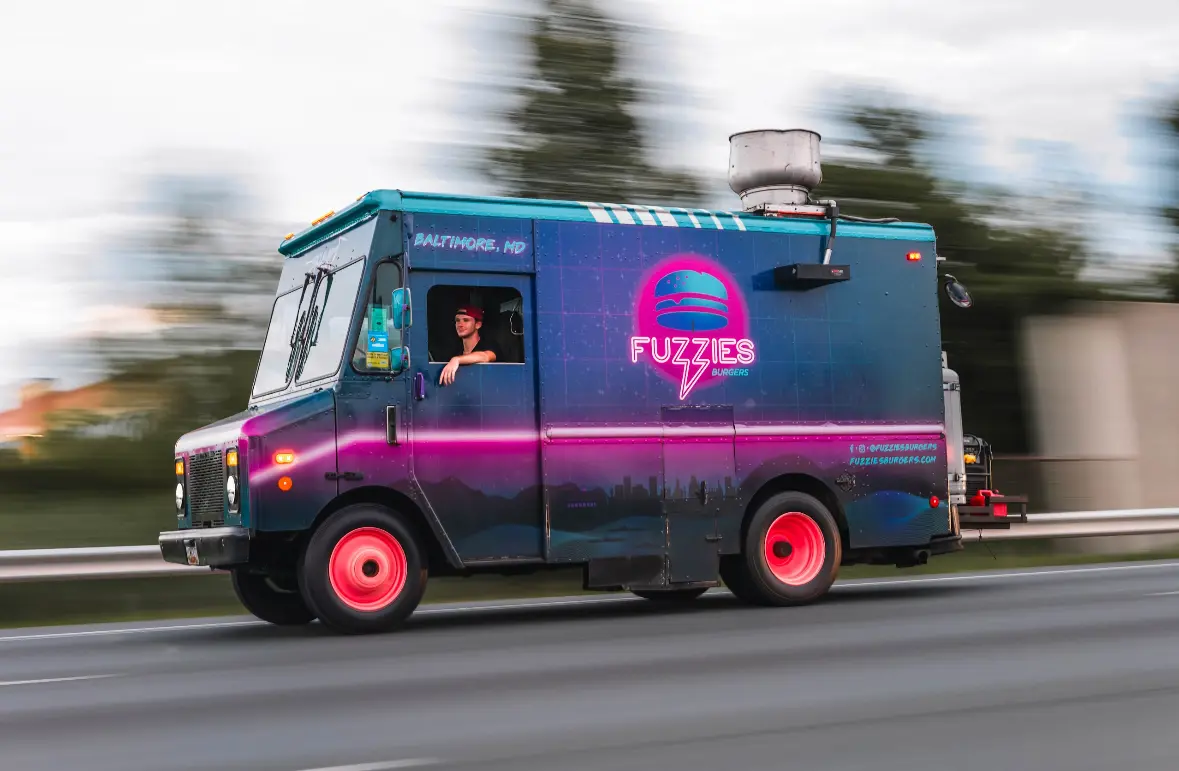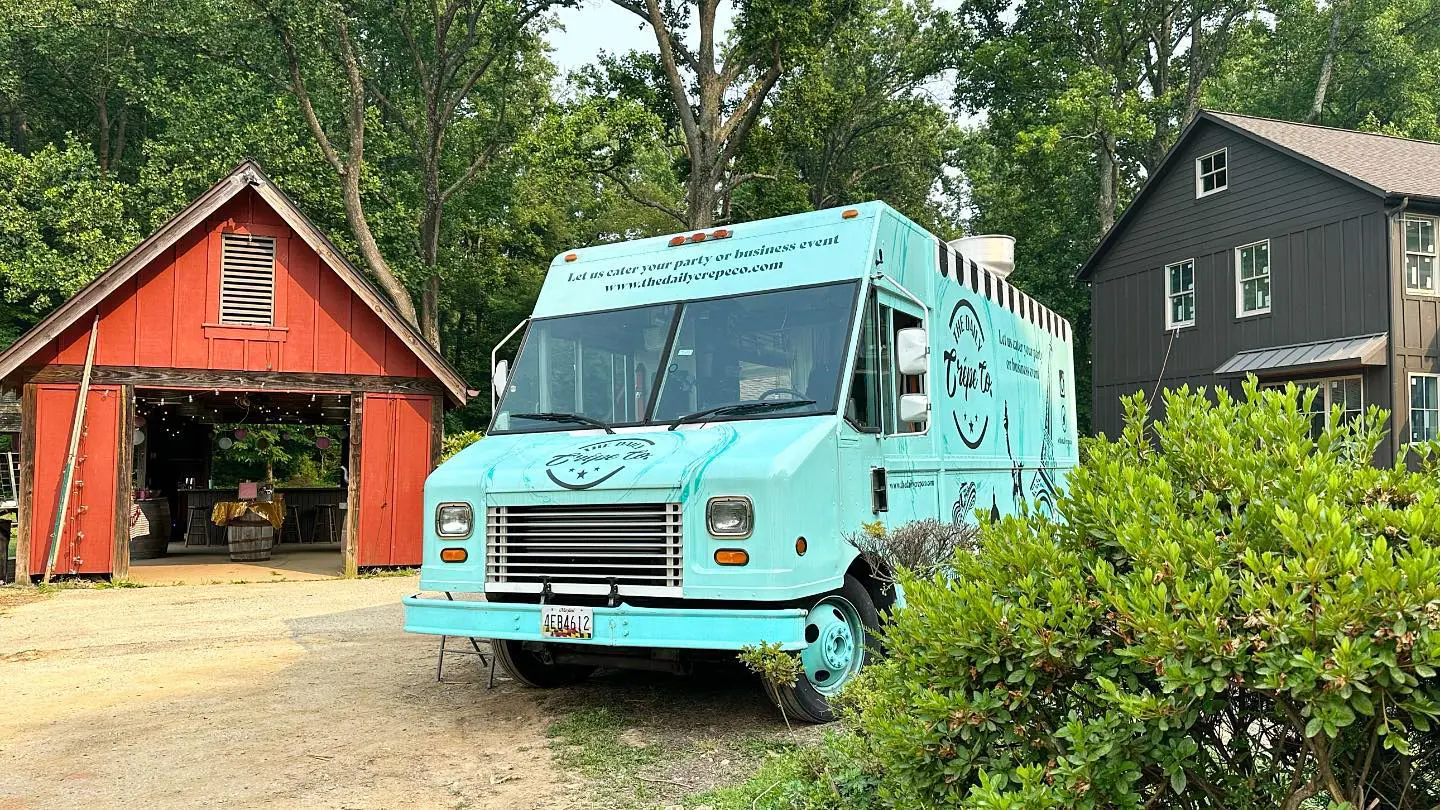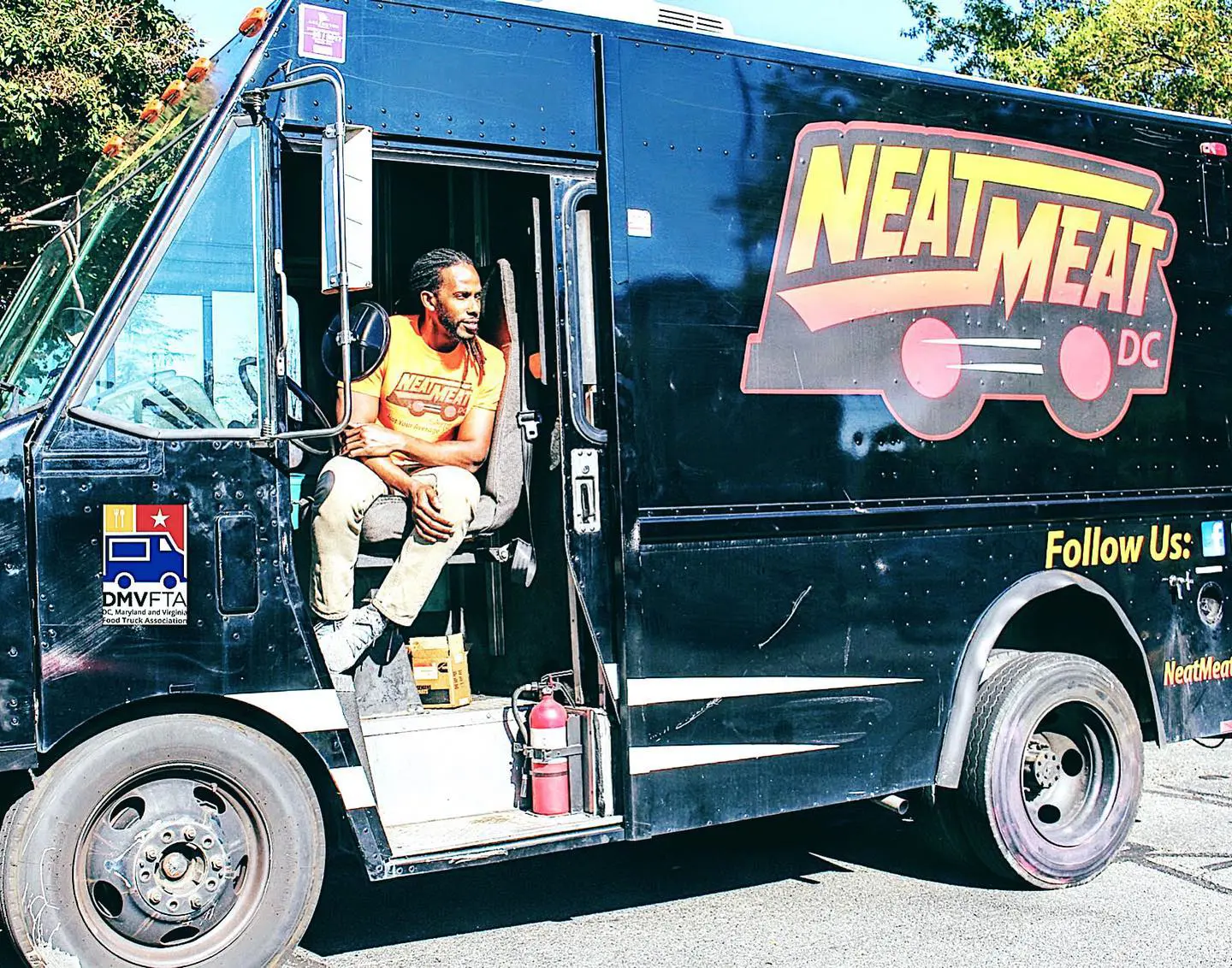Permits and Licenses 2026
Comprehensive Guide to Food Truck Permits and Licenses in Washington, D.C. (2026 Edition)
Washington, D.C.'s food truck scene thrives amid iconic landmarks like the National Mall, Dupont Circle, and The Wharf, serving tourists, office workers, and locals everything from classic half-smokes to gourmet tacos and international fusion. These mobile vendors add vibrancy to the city's streets, offering convenient, diverse cuisine in high-traffic areas. However, D.C. boasts one of the nation's most rigorous regulatory frameworks for food trucks, prioritizing public health, safety, traffic flow, and equitable access to public space. While challenging, these rules create a professional environment that protects consumers and levels the playing field.
This streamlined guide outlines the essential steps to legally launch a food truck in 2026, based on requirements from the Department of Licensing and Consumer Protection (DLCP), DC Health, and other agencies. Expect the process to take 3–6 months or longer due to inspections, approvals, and the competitive Mobile Roadway Vending (MRV) lottery for prime spots. Initial licensing and permitting costs typically range from $2,000 to $5,000+ (excluding vehicle purchase, build-out, or inventory), with significant ongoing expenses.
The Regulatory Landscape: Why D.C. Food Truck Rules Are So Strict
D.C.'s food truck regulations stem from a commitment to public safety, urban order, and economic equity. The city's dense population, historic landmarks, and high foot traffic demand rigorous oversight to prevent health risks, traffic congestion, and unfair competition with brick-and-mortar restaurants. Agencies like the Department of Licensing and Consumer Protection (DLCP), DC Health, the Office of Tax and Revenue (OTR), Fire and Emergency Medical Services (FEMS), and the Department of Motor Vehicles (DMV) collaborate to enforce these standards.
In 2026, D.C. ranks as one of the toughest cities for food trucks due to 22 restrictions on operations, including proximity rules to fixed eateries and mandatory check-ins with regulators. The MRV lottery system, introduced in 2013, allocates prime vending spots fairly but competitively, limiting spots to about 111 trucks monthly despite over 200 active vendors. While challenging, compliance builds credibility, reduces liability, and opens doors to high-revenue events like festivals and corporate gigs. Non-compliance can result in fines up to $1,000 per violation or shutdowns, so treat this process as an investment in your business's longevity.
Phase 1: Business Formation and Tax Registration
Every food truck starts as a legitimate business entity. This foundational phase establishes your legal and fiscal standing, typically taking 2 to 4 weeks if documents are prepared correctly. Skipping steps here can halt later applications, as most agencies require proof of registration.
A. Choosing and Registering Your Business Structure
Decide on a structure like a sole proprietorship, LLC, or corporation based on liability protection and tax implications.
For food trucks, an LLC is popular for shielding personal assets from business debts or lawsuits. Register with the DLCP via their online portal, submitting articles of organization and a detailed business plan.
Cost: $220 for a two-year LLC registration, including filing fees. Expedited processing adds $50 to $100.
Once registered, file a Biennial Report every two years to maintain good standing. This simple online form updates your business details and prevents suspension.
Cost: $300 biennially. Late filings incur $75 penalties.
Federal and Local Tax Setup
Secure an Employer Identification Number (EIN) from the IRS website—it's free and instant, essential for banking, payroll, and tax filings. Next, register with the OTR for sales tax (6% on prepared foods), franchise tax, and withholding if hiring employees.
Cost: $0 for both EIN and OTR registration.
The Certificate of Clean Hands is a D.C. hallmark, verifying no outstanding debts over $100 to the District (e.g., unpaid parking tickets). Apply online via OTR; it expires after 60 days, so time it close to your vending license submission.
Cost: $0, but resolving debts can add unexpected expenses.
Pro Tip: Use DLCP's Business Licensing Wizard tool to identify all required endorsements upfront, saving time and avoiding re-applications.
Phase 2: Health and Food Safety Compliance with DC Health
Food safety is non-negotiable in D.C., where DC Health's Division of Food Safety oversees mobile vendors to prevent outbreaks. This phase emphasizes prevention, requiring pre-build approvals to dodge retrofits that could cost thousands. Plan for 4 to 8 weeks, including reviews and inspections.
A. Food Truck Plan Review and HACCP Approval
Submit blueprints, equipment lists (e.g., refrigeration specs, sink configurations), menu details, and a Hazard Analysis and Critical Control Points (HACCP) plan outlining food handling from storage to service. DC Health reviews for compliance with the D.C. Food Code, ensuring three-compartment sinks, proper ventilation, and pest controls.
- Cost: $500 one-time fee for plan review. Revisions add $100 to $200.
B. Securing a Commissary Agreement
All food trucks must base operations at a licensed commissary kitchen for prep, storage, waste disposal, and overnight parking. Choose from D.C.-approved facilities like those in Ivy City or Petworth; provide a signed lease agreement with your application.
- Cost: Operational, not a permit fee. Monthly rents range from $1,000 to $1,800, plus utilities ($200 to $400) and hourly prep fees ($20 to $50). Annual totals: $12,000 to $21,600. Shared spaces cut costs but book up fast.
C. Certified Food Protection Manager (CFM) Certification
At least one operator per shift needs CFM certification from an ANSI-accredited provider like ServSafe. The 8- to 16-hour course covers sanitation, allergens, and temperature controls.
Cost: $100 to $200 per person, including exam. Renew every five years.
D. Pre-Operational Health Inspection
After approval and build-out, schedule an inspection. DC Health checks for HACCP adherence, cleanliness, and equipment functionality. Passes are valid for your initial license; failures require fixes and re-inspections.
- Cost: Included in plan review; re-inspections $150 each.
Insight: Early plan submission prevents build errors. Consult DC Health's mobile vending checklist for templates.
Phase 3: The Core Vending License from DLCP
With business and health basics in place, apply for the Basic Business License (BBL) for Mobile Food Vending. This two-year license authorizes street sales and requires your Clean Hands certificate, health approval, and proof of insurance ($1 million liability minimum).
- Cost: $550 to $700 total, covering application ($200), vending endorsement ($300), and processing. Employee badges add $50 each.
Renewals demand updated inspections and reports. DLCP's portal streamlines applications, but please expect a processing time of 2 to 4 weeks.
Phase 4: Vehicle, Safety, and Location Permits
These ensure your truck is roadworthy and parked legally, addressing D.C.'s urban constraints.
A. Commercial Vehicle Registration
Register your truck (max 18.5 feet long) with the DMV as a commercial vehicle, providing VIN, weight (under 26,000 lbs typically), and emissions proof.
- Cost: $150 to $300 annually, based on gross vehicle weight. Renew yearly.
B. Fire and EMS Safety Inspection
FEMS inspects propane tanks, extinguishers, suppression systems, and exits. Obtain permits for any gas installations for pre-inspection.
- Cost: $100 to $250, per current schedules; call the Fire Marshal for quotes.
C. Vending Locations and the MRV Lottery
D.C. restricts vending to 200 feet from restaurants and bans blocking sightlines. Prime spots require the DLCP's monthly MRV lottery for National Mall zones. Enter online (no fee) for assignments; winners pay per day.
- Cost: Lottery entry is free; usage $65/day, max $450/month. Mobile Site Permit: $300 for a two-year term.
Alternatives: Roam in non-MRV areas (pay meters) or secure private spots via apps like Street Food Finder. Diversify with 60% of revenue from events to buffer lottery volatility.
Potential Add-On Fees and Recurring Costs
Budget beyond initials: Sales tax remittance (quarterly), propane permits ($50), and parking fines ($50+). Total first-year compliance: $28,000 to $32,000 per industry reports, including 32 agency visits. Track via DLCP's dashboard.
Step-by-Step Roadmap to Launch
1. Form Your Business: Register LLC and EIN (Week 1-2).
2. Tax and Clean Hands: OTR setup (Week 3).
3. Health Prep: Submit plans and secure commissary (Weeks 4-8).
4. Certify Staff: Get CFPM (Ongoing).
5. Build and Inspect: Truck outfitting, health/FEMS checks (Weeks 9-12).
6. License Up: BBL application (Week 13).
7. Enter Lottery: Monthly for spots (Ongoing).
8. Launch: Soft open, monitor compliance.
Key Resources for D.C. Food Truck Entrepreneurs
DLCP: https://dlcp.dc.gov/ – Business licenses and lottery.
DC Health Food Safety: https://dchealth.dc.gov/service/food-safety-and-hygiene-inspection-services-division – Plans and inspections.
OTR MyTax DC: https://mytax.dc.gov/ – Taxes and Clean Hands.
FEMS Fire Marshal: https://fems.dc.gov/page/office-fire-marshal – Safety permits.
DMV: https://dmv.dc.gov/ – Vehicle registration.
Navigating Challenges and Maximizing Success
D.C.'s rules foster quality but demand resilience. Common pitfalls: Underestimating commissary waits or lottery odds. Success stories, like trucks earning $100,000+ annually via events, highlight diversification. In 2026, trends like sustainable sourcing and app integrations ease operations. Stay agile, network via associations, and remember: Compliance is your competitive edge in this vibrant market.
Launching a food truck in D.C. blends bureaucracy with boundless opportunity. With diligent preparation, your mobile venture can feed the capital's hunger for innovation. Safe travels and bon appétit!



